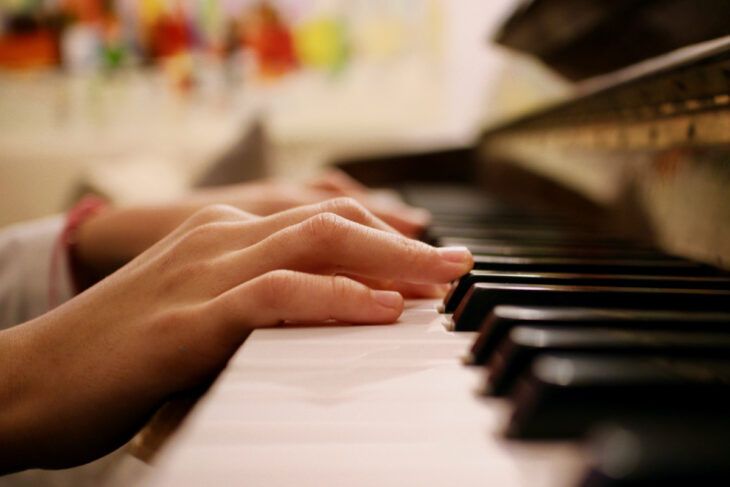Creating Links Conference
United Kingdom
- Organisation

Hannah, our projects’ assistant recently attended a conference
at the Oval house in London that aimed to share best practice and
new research in targeted youth arts. Hannah shares her experience
here:
The conference brought together people in varying professions
that work towards a common goal of using the creative arts to
benefit and contribute towards transformative change in young
people’s lives. The conference focused on the issues currently
being faced in the UK with regard to accessibility, funding,
measuring results and gaining recognition. It aimed to
re-think and re- work the current discourse surrounding social
change and creative arts through a set of seminars, workshops and
lectures.
I went to the conference keen to find out more about creative
arts in the UK and the role it plays in positive health outcomes as
well as improving or changing outcomes in the lives of vulnerable
young people, especially those who wouldn’t otherwise be able to
access the arts. I wanted to see if any of the discussions bared
any relevance to Music as Therapy International’s work abroad and
in the UK. Interestingly, many of the issues being discussed were
similar to those that we face with our international
projects.
Throughout the day there were examples from various arts
projects and research projects which worked with or focused on
different groups in society to try and make creative arts more
accessible to those that it wouldn’t otherwise be.
The Research and Evaluation Manager at Youth Music spoke passionately
about why music matters, clearly a strong belief of Music as
Therapy International. He described proven outcomes from
children’s involvement in music including improved communication,
social interaction, and leadership skills. Unfortunately, wealthier
families are more able to make the benefits of music education
accessible to their children whereas this is not as accessible to
less privileged children and young people in the UK. Part of the
research he presented found that music offered young people a
validation of ‘their voice’, as well as an opportunity to talk
about and think about their emotional literacy and form their own
opinions. This in turn encouraged and gave the young persons the
skills and confidence to take part in activities in the wider
community.
Although the conference left me feeling positive and certain
about the importance of participatory and creative arts as a medium
for positive social change in our society, it also left me feeling
frustrated. Frustrated that there is insufficient funding to make
these projects and services accessible to those who are most in
need and frustrated that the current economic and political system
does not support the integration of the arts as a tool for bringing
about social change and improving health outcomes – and
unfortunately this system is entrenched and difficult to
infiltrate.
